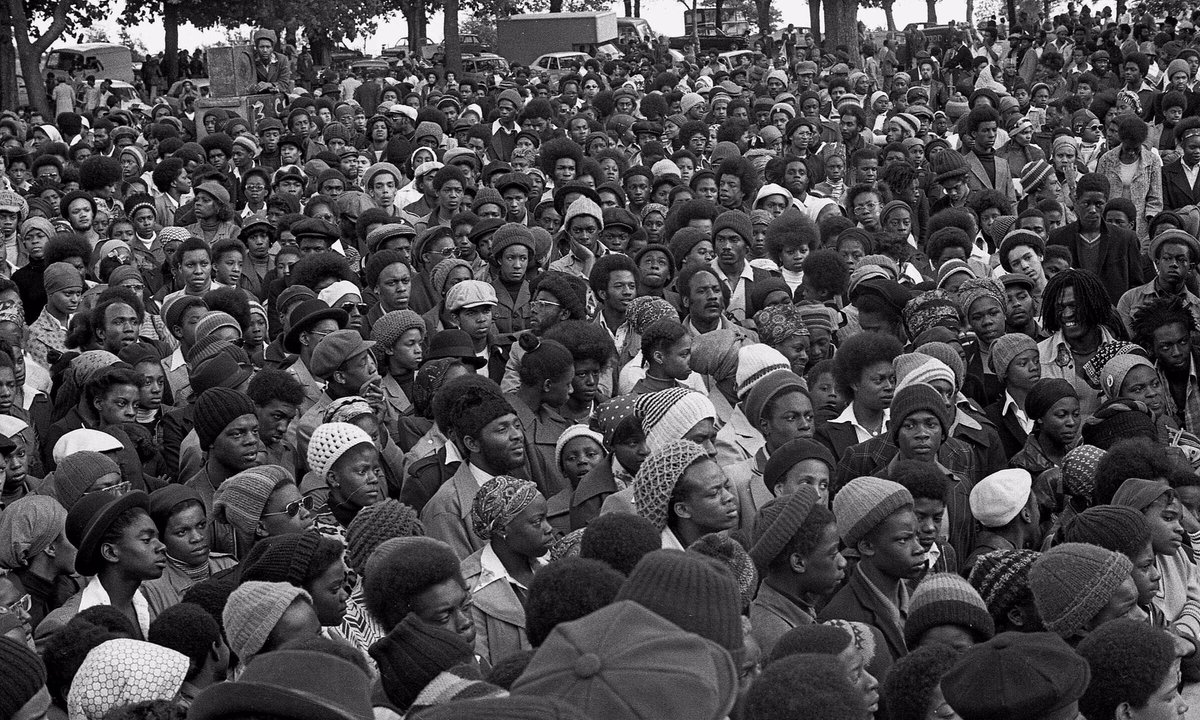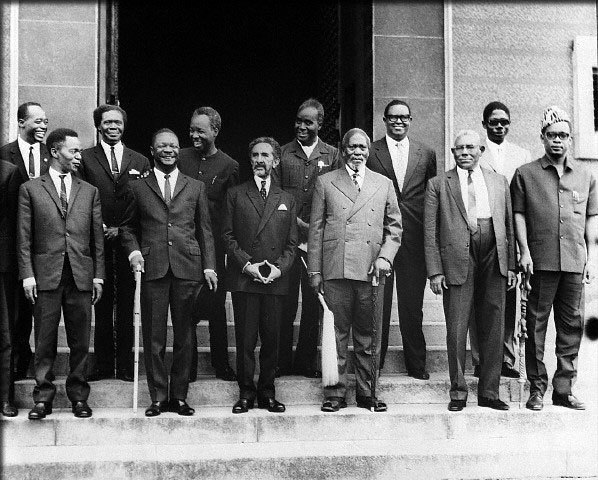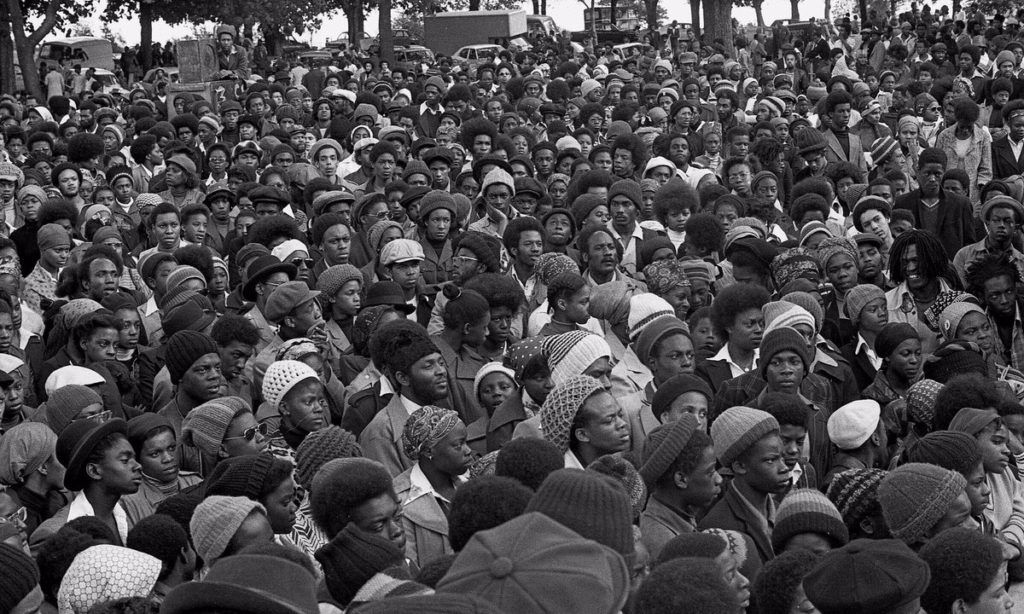
The British Blacklist May 2014
http://www.thebritishblacklist.com/shakara-speaks-afrikan-liberation-day-ald-about/
——————————————————————————————————————————————————-
On the 25th May, many people of Afrikan descent around the world celebrate and observe Afrika Liberation Day (ALD). ALD is a landmark event in the history of the Afrikan continent, born out of the Independence Movement of the 1950’s & 60’s. It represents the revolutionary spirit of the people of Afrika at a time when the entire Afrikan world was unified in its attempt to throw off the shackles of European Colonialism and engage in the process of autonomous Nation Building.
In 1958 Osageyfo Kwame Nkrumah involved the newly independent Ghana in the Afrika Freedom Day. Though a notable development, Afrika freedom day failed to capture the imagination and embody the vision Afrikan people simply because 7 of the 9 nations involved, Egypt, Morocco and Libya for example, remained under Arab rule. But as the spirit of Liberation began to sweep through the continent, more and more nations began to push for independence. This climate gave rise to many revolutionary organizations that gave birth to the great Afrikan leaders we celebrate today. Following Ghana in 1957, Guinea declared Independence in 1858 under the leadership of Sekou Toure. Congo, Mali and Tanzania declared independence in 1961 as lead by Patrice Lumumba, Modibo Keita and Julius Nyarere respectively. 1963 saw The Kenya Land & Freedom Army reap the rewards of a successful military campaign when Kenya was made independent with Jomo Kenyatta at its helm.

But as Kwame Nkrumah pronounced on the 6th of March 1957,
“The independence of Ghana is meaningless unless it is linked up with Liberation of the entire Afrikan continent”.
It was in this vain that in 1963 His Imperial Majesty Emperor Haille Selassie I invited all the independent Nations of Afrika to Addis Ababa for the purpose of forging greater Afrikan unity. To this aim, he and Nkrumah lead the initiative for forming the Organisation of Afrikan Unity (OAU). Afrikan Freedom Day was then renamed Afrikan Liberation Day to be celebrated annually on the 25th May.
The OAU aims and objectives were:
- to promote the unity and solidarity of the African States;
- to co-ordinate and intensify their cooperation and efforts to achieve a better life for the peoples of Africa;
- to defend their sovereignty, their territorial integrity and independence;
- to eradicate all forms of colonialism from Africa; and
- to promote international cooperation, having due regard to the Charter of the United Nations and the Universal Declaration of Human Rights.
ALD therefore, was to serve as a primary annual meeting of the minds, souls and bodies of Afrikan people in charting and further actualizing these objectives. As His Imperial Majesty said:
“History teaches us that unity is strength, and cautions us to submerge and overcome our differences in the quest for common goals, to strive, with all our combined strength, for the path to true African brotherhood and unity.”
Magnanimous vision and great strides in development were to be cut short however, as the former colonial powers sustained a parasitic presence on the continent. This presence would first rear its murderous head as early as 1961, when Patrice Lumumba was hunted, captured, tortured and assassinated before the world. The assassination was orchestrated by the CIA, assisted by Britain and Belgium, with the collusion of unscrupulous UN so called Peace Keeping Forces. The 1960’s would be hence forth plagued by a number of Euro-American backed coups, most notably, following a number of assassination attempts, Kwame Nkrumah was overthrown in 1966.

Whilst there were many great Revolutionary Afrikan organizations, a century of Colonialism meant that many, including some of those who would become presidents and Prime-Ministers, thought with brains moulded and manufactured in Europe, still carrying allegiances which often superseded the desire for true independence. Many more still, such as Joseph Mobutu, were installed following the overthrow of true Revolutionary Afrikan Leadership. These traitorous characters and the destablisation cause in the climate opened the door for European organizations such as the IMF, World Bank an UN to re-establish control over the Afrikan continent.
These organizations were founded from 1944-1947 and principally aimed to consolidate European power and stabalise European nations following the ravages of the 2nd Pan-European War – misnomered World War II. Along with the World Health Organisation (founded in 1948), a brief look at their relationship with Afrikan Nations reveals a reality that in many cases amounts to political, economic and germ warfare. Many of the loans in foreign aid for example have created a situation of so called “Third World Debt”, which places a stranglehold on Afrika’s ability to develop itself, while ensuring Afrikan nations remain perpetually indebted to western Nations. This gave rise to what Nkrumah called Neo-Colonialism. As he describes:
“The essence of neo-colonialism is that the State which is subject to it is, in theory, independent and has all the outward trappings of international sovereignty. In reality its economic system and thus its political policy is directed from outside.”
In the midst of the destruction however, the world wide Pan-Afrikanist Movement continued to grow. Particular credit must be given to the name of Kwame Toure (formerly known as Stokely Carmichael), The student activist who lead the Civil Rights movement along with Dr. Martin Luther and evolved as the foremost exponent of Black Power in the 1960’s. Maturing in his perspective, Kwame Toure travelled to Afrika, where he met and worked closely with Osagyefo Kwame Nkrumah and Sekou Toure. He would be the champion behind forwarding the Osagyefo’s formation of an All Afrikan People’s Revolutionary Party (AAPRP), following the passing of Nkrumah in 1972. The 1st ALD was celebrated in the USA in the same year. Kwame Toure and his then wife, the legendary singer Miriam Makeba, became central to the worldwide proliferation of ALD. The major difference here however, was that ALD would not be the domain purely of heads of state, but grassroots Revolutionary activism.
In the UK, organisations such as Grass Roots and the Black Unity & Freedom Party (BUFP) were vibrant during the 1970’s. In 1974, members of BUFP travelled to Tanzania to attend the 6th Pan-Afrikan Congress and of course during this time, the Anti-Apartheid fight was strong amongst Black communities worldwide. Drawing on the inspiration of Robert Sobukwe and the Pan-Afrikan Congress of Azania (South Afrika), members of BUFP broke away to establish a new organization – The Pan-Afrikan Congress Movement (PACM). The PACM brought ALD to shores of Britain in 1975, and along with the AAPRP still observe it to this day.

Since 1999, the OAU has been replaced with the Africa Union (AU), who have seen fit to remove the word “Liberation” from the title in favour of holding “Afrika Day”; a significant omission which speaks largely to a difference in vision for the Afrikan continent. In the independence era talk of “Liberation” was characterized by revolutionary ideals and self determined action towards developing a self sufficient continent and Afrikan Diaspora, based upon Afrikan culture and identity. Today talk of liberation has been replaced by talk of“development” and “globalisation”, ideals for which are more often than not defined by international organisations, which are largely run by western governments, with the increasing influence of China.
However there are many grassroots Revolutionary and Nationalist Pan-Afrikanists globally who still find value in forwarding the agenda that was laid down by people like Patrice Lumumba and the many such as Thomas Sankara and Nomzamo Winnie Mandela who would follow. Among them, “Liberation” is still an ideal that is very real and actively strived for. ALD therefore represent a time to forge and strengthen international economic as well as political links, ensuring that the people of Afrika, not just its government officials, play a central role defining and developing Afrika’s destiny.
UK ALD observances take place on:
Sat 24th May @Goldsmith University (London): Info: https://www.facebook.com/AaprpBritain
25th & 26th May @The Light House (Birminham): https://www.facebook.com/events/1404603836479320/
ShakaRa Speaks on It by @ShakaRaBKS for the british blacklist

